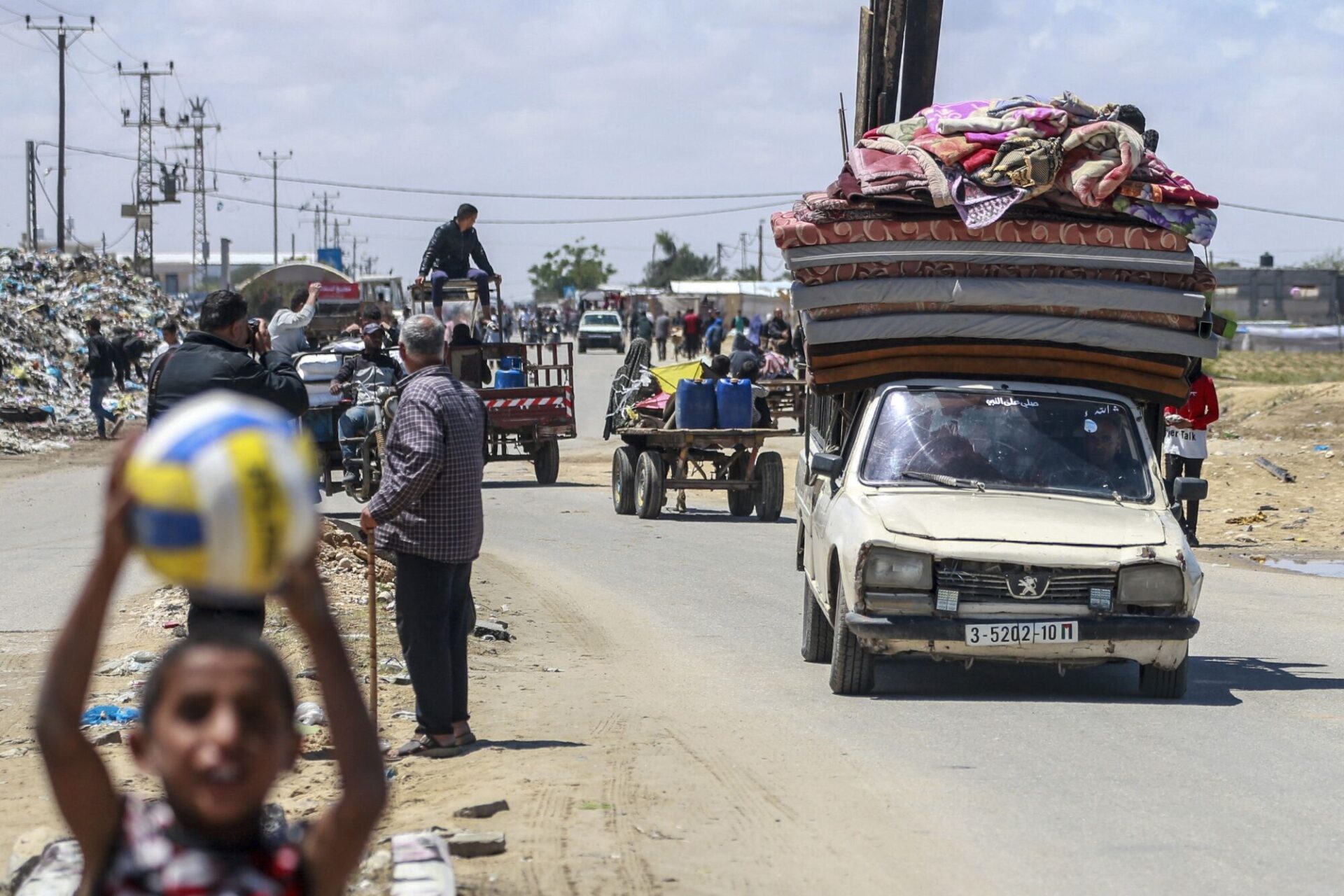The Equatorial Guinean authorities must immediately stop arbitrarily and indiscriminately arresting young men in their fight against gang crime, said Amnesty International today after documenting numerous testimonies related to these arrests.
In response to an alleged increase in crime by youth gangs, especially a group known as the “8 Machetes”, Equatorial Guinea’s Vice President, Teodoro Nguema Obiang Mangue, launched a national plan to combat these gangs at the beginning of May, which was labelled by the authorities as a “Cleaning Operation”.
On 9 May 2022, Vice President Nguema Obiang Mangue said in a video broadcast on national TV that he had decided to launch the operation ‘to clean’ the streets of Equatorial Guinea of criminals and bandits, and to highlight the “right way” to young criminals.
“The ‘Cleaning Operation’ in Equatorial Guinea is deeply concerning as it leads to egregious violation of human rights. Under the pretext of fighting criminality, young people are being arbitrarily arrested and detained, with many facing torture or other ill-treatment, losing their lives, or being forcibly disappeared,” said Marta Colomer, Amnesty International’s Senior Campaigner for West and Central Africa.
“The Equatorial Guinea authorities must immediately end this campaign, which amounts to little more than a targeted assault on human rights. It is entirely possible to deal with criminal cases while also respecting human rights.”
Mass arrests and curfews
The government’s plan includes a curfew for young people, as well as sending suspected criminals to high security prisons. In a single week in May, more than 400 young people were arrested, while three months later, thousands of young men were reportedly arrested across the country. Due to a lack of evidence in some cases, some judges decided to grant parole to those arrested. At least two of those arrested, however, died in prison.
Amnesty International spoke with relatives of arrested and detained individuals. In many cases, they said their relatives were mistreated by the security forces during their arrest and detention.
Rubén, a 21-year-old from Campo-Yaunde, was arrested alongside a group of other young people on 20 May while gathering in the Campo-Yaunde area of Malabo, the capital. The group had been described by the authorities as criminals. On 6 June, he died in prison. The family received his body and a medical report, which indicated that Rubén had suffered from breathing difficulties and anorexia, among other health issues. The family maintains that Rubén had no health problems at the time of his arrest.
An older brother of two arrested boys told Amnesty: “The government is reacting to the actions of a criminal gang that was stealing from people, but they are taking people at random. Some are criminals, but others are just innocent men. They don’t investigate. We are not the only ones affected. Many families are also affected all over the country.”
‘He is a gangster, and we are going to put him in jail’
For many other young people arbitrarily arrested by security forces, their whereabouts remains unknown, while their families are often left with little or no news.
Lucas, a 24-year-old, was arrested by the Rapid Intervention Force on 8 May while spending time with his girlfriend and other friends. They were taken to the Central Police Station in Malabo. When Lucas’ girlfriend, Anita, tried to visit him, the police said her boyfriend “is a gangster, and we are going to put him in jail”.
The family heard from informal sources that Lucas is reportedly being held in Black Beach, a high security prison in Malabo, yet nobody could confirm this information. The lack of official information on his fate or whereabouts may turn his deprivation of liberty into an enforced disappearance – a crime under international law.
Anita told Amnesty International: “The only thing they are saying is that none of those arrested are innocent. If at some point it is proven that they are innocent, then they will be released. What happened to Lucas is happening all over the country. It’s not just here in Malabo.”
Santiago, a 22-year-old student arrested in the municipality of Bata three months ago, is still being arbitrarily detained by the police. Although the police told his family there was no proof of Santiago’s criminality, they demanded a payment of 100.000 CFA (around US$150) for his release. As the family were unable to pay, Santiago remains in detention in an unknown location.
“It’s not just my story. All the police stations are overcrowded with young boys who have been arrested. The other day, when I went there, there were at least more than 400 boys,” said Santiago’s father.
According to the African Charter on Human and Peoples’ Rights, to which Equatorial Guinea is a party, arrested and detained persons have the right to contact and access a family member or other person of their choice. A few days before the launch of the “Cleaning Operation”, the President Teodoro Obiang Nguema Mbasogo told the people of Equatorial Guinea that the plan does not undermine human rights, and that international human rights organizations who criticize it are trying to destabilize the country.
“The Equatorial Guinean authorities must urgently offer transparent information on deaths in detention and torture and other ill-treatment. They must also ensure those suspected of criminality face justice in fair trials before ordinary civilian courts and release all those who have been arbitrarily arrested and detained,” said Marta Colomer.



 Naira4 weeks ago
Naira4 weeks ago


 Naira3 weeks ago
Naira3 weeks ago


 News4 weeks ago
News4 weeks ago
 Travel4 weeks ago
Travel4 weeks ago




 Naira4 weeks ago
Naira4 weeks ago


 Jobs3 weeks ago
Jobs3 weeks ago
 Naira3 weeks ago
Naira3 weeks ago


 Travel3 weeks ago
Travel3 weeks ago




















